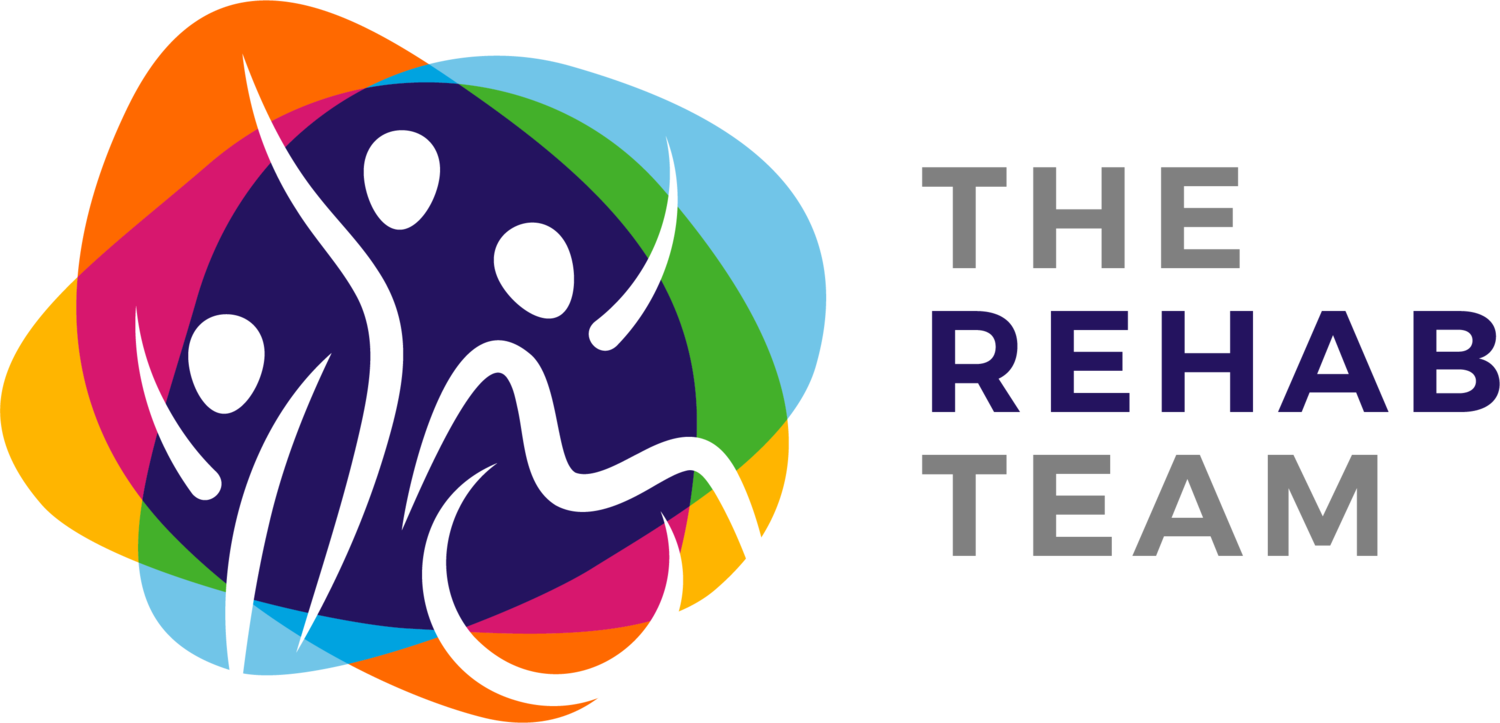I have back pain. Now who do I see first?
Do you have crippling back pain, leg pain or long term persistent low back pain? It is common to be unsure of where to start and who to see first when in this position. Mike, a musculoskeletal physiotherapist, co-owner of The Rehab Team in Tauranga helps to shed some light on which health professional to see first.
Physiotherapy
A physiotherapist who has experience in assessing and managing spinal related conditions is well placed to be your first point of contact when experiencing back pain. Physios have the training to complete a full assessment helping to determine a potential mechanism of injury, assess your functional movement and complete a neurological exam if needed. Physiotherapists can also check for anything that may flag as needing a referral back to your GP, a surgeon or through to the Accident and Emergency department if need be.
More often than not, most acute low back and neck pain injuries (in the absence of direct contact injuries) will have a positive outcome if managed appropriately in the initial stages. This includes early assessment, education, reassurance and an individualised treatment plan.
General Practitioner
Your GP is a great source for pharmacological assessment and prescription in the acute phases. We appreciate that pain coming from a “pinched nerve” (sciatica, lumbar or cervical radiculopathy), “disc bulge” and even from other sources in the lower back and neck can be extreme and really worrying for most people. Adequate pain relief is really important in those initial stages too. Physiotherapists work closely with your GP to help ensure you have adequate pharmacological management by providing a report following their assessment.
Should your episode of pain last longer than expected then your GP will play a more pivotal role in linking services such as Psychology, a pain specialist, and ruling in or out other medical pathologies that could be masquerading as spinal related pain or dysfunction. The GP is often the centre of a person’s health care and as such, physiotherapists keep them informed of our assessment, treatment and your progress through your rehabilitation.
Specialist/Surgeon
The surgeon’s role is in assessing and evaluating your need for further imaging and whether surgery is indicated in your rehabilitation. They are not often the first health professional you see. Your Physiotherapist or GP can provide a referral through to a Surgeon or pain specialist if needed.
Imaging in the form of an MRI is something that a Specialist or Surgeon can assist with. However, it’s really important to appreciate that only a small number of people with acute neck or lower back pain actually need an MRI and need to see a specialist. The level of pain alone is not a reliable indicator for requesting an MRI. The presence of a significant loss of lower limb (leg or foot) control, strength or sensation, loss of bladder or bowel control or the inability to go toilet (retention) or direct contact trauma resulting in widespread pain and significant loss of function are often signs you need to go to hospital or have a more urgent appointment with surgeon. These plus milder versions are better indicators to justify an MRI to help rule in or out certain pathologies associated with those symptoms.
There you have it! The health system is a large, complex system with many moving parts. If you or a loved one is experiencing back pain and live within Tauranga, Papamoa our Mount Maunganui, get in touch with The Rehab Team today.
If you found this article interesting and you would like to read more, you can check out our other blogs here.

